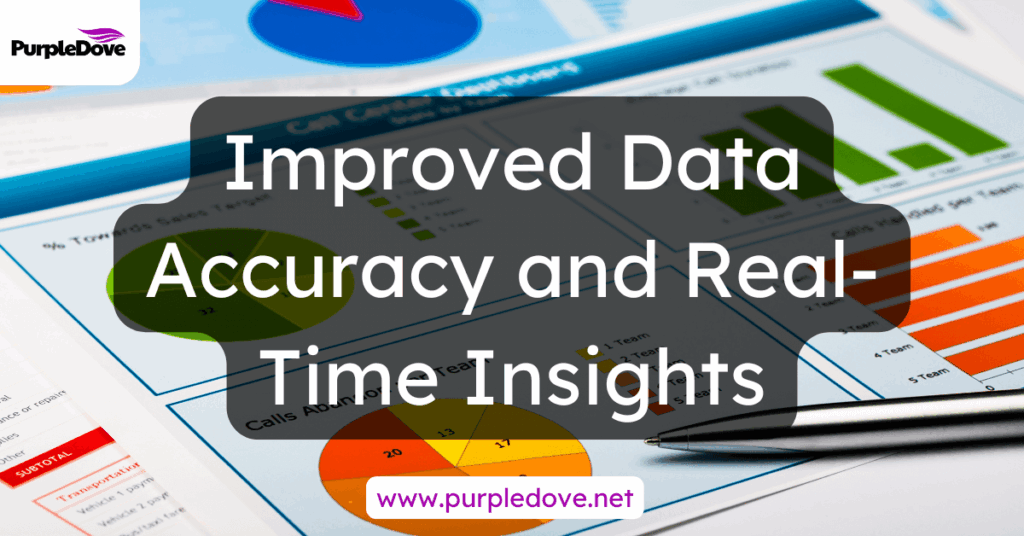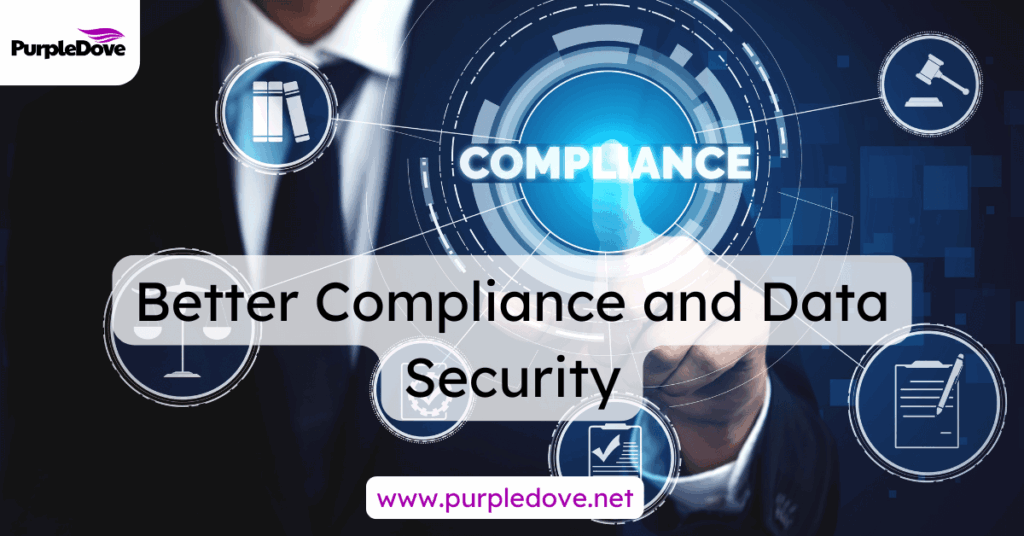In an increasingly competitive marketplace, small businesses must leverage the tools available to enhance efficiency and streamline their operations.
One such tool that has seen widespread adoption across businesses of all sizes is Enterprise Resource Planning (ERP) software. Once deemed suitable only for large enterprises, ERP systems are now designed to meet the specific needs of small businesses, offering features that can transform operations and drive growth.
This blog explores the advantages of ERP systems for small businesses and why investing in such a solution can be a game-changer.
1. Streamlined Operations and Enhanced Efficiency
ERP systems allow small businesses to integrate various functions—such as accounting, human resources, supply chain management, and customer relationship management (CRM)—into a single platform. This integration not only enhances visibility across departments but also eliminates the need for multiple, disjointed systems. By having all business operations centralised, small businesses can significantly reduce inefficiencies that often arise from managing separate systems.
Imagine running a retail business where stock management, order processing, and customer service are all housed in different systems. The chances of delays, data loss, or errors increase drastically. With an ERP system, everything is interconnected, automating routine tasks and reducing human error. This allows businesses to focus on strategic tasks rather than firefighting operational issues. Simply put, the advantages of ERP systems for small businesses go beyond mere process improvements – they transform the way businesses operate.
2. Improved Data Accuracy and Real-Time Insights

Accurate data is the backbone of any successful business strategy. An ERP system provides small businesses with a unified source of truth, consolidating data from all departments into one platform. This ensures that everyone—from sales and marketing to finance and procurement—has access to the same, up-to-date information.
This level of data accuracy enables better decision-making. For instance, an ERP system can generate real-time reports, giving business owners insights into their finances, inventory, and sales performance. With these insights, small businesses can respond quickly to market demands or operational issues, giving them a competitive edge.
Beyond data accuracy, ERP systems provide businesses with analytical tools that uncover trends and patterns that might otherwise be missed. For example, a retailer might discover through ERP-generated reports that a particular product sells better in one season than another, allowing them to optimise inventory accordingly. The advantages of ERP software for small businesses are clear when it comes to making data-driven decisions that foster growth.
3. Cost Savings
While the initial investment in an ERP system may seem significant, the long-term cost savings it provides are well worth it. ERP software helps reduce operational costs by automating many of the manual tasks that typically require human intervention. From automated inventory replenishment to streamlining payroll processing, ERP systems enable businesses to operate more efficiently, reducing labour costs and minimising costly errors.
Additionally, ERP systems optimise resource allocation. For instance, they can help small businesses prevent overstocking by tracking inventory levels in real-time. This reduces the costs associated with excess stock and warehousing. Over time, small businesses realise that ERP software ROI is not just about reducing direct costs but also about improving overall profitability by making processes more efficient.
4. Enhanced Customer Service

Exceptional customer service can set a small business apart from its competitors. ERP systems with integrated CRM modules allow small businesses to provide a personalised customer experience. Small businesses can tailor their interactions with customers, ensuring a more engaging and responsive service by having access to customer data—such as purchase history, preferences, and communication records.
For example, if a customer inquires about the status of their order, the ERP system can quickly provide accurate, up-to-date information. This level of responsiveness increases customer satisfaction and loyalty, both of which are critical for long-term success. The advantages of ERP systems for small businesses lie in their ability to streamline customer interactions, helping businesses build stronger relationships with their customers.
5. Scalability for Future Growth
One of the most critical features of ERP systems is their scalability. As small businesses grow, their operational requirements become more complex. ERP systems can easily accommodate this growth by allowing businesses to add new functionalities as needed. Whether you’re expanding into new markets, increasing product offerings, or hiring more staff, your ERP system will evolve with you.
For small businesses eyeing long-term growth, the ability to scale without disrupting existing operations is invaluable. As ERP software continues to evolve, more affordable ERP solutions for small businesses offer customisation options that allow businesses to tailor the system to their specific needs. This flexibility ensures that businesses can adapt to changing market conditions without overhauling their entire system.
6. Better Compliance and Data Security

In today’s digital landscape, data security and regulatory compliance are top priorities for businesses. ERP systems help small businesses meet these challenges by providing built-in compliance tracking and robust security features. For instance, financial reporting tools within ERP software can help businesses ensure they are adhering to tax regulations, while automated audit trails ensure transparency in business operations.
Moreover, ERP systems centralise data in a secure environment, reducing the risk of data breaches and ensuring that sensitive business information is protected. For businesses that handle customer data, this level of security is critical in maintaining trust and adhering to data protection regulations.
7. Competitive Advantage
Perhaps one of the most overlooked advantages of ERP systems for small businesses is the competitive edge they provide. Small businesses can operate with the efficiency of much larger enterprises by streamlining operations, improving decision-making, and enhancing customer service. This allows them to compete more effectively in their markets, offering the same level of service and operational sophistication as their larger competitors.
By implementing ERP systems, small businesses can differentiate themselves by offering faster service, more accurate data, and better customer experiences. As more small businesses recognise the advantages of ERP systems, those that fail to adopt these systems risk being left behind.
Conclusion
The advantages of ERP systems for small businesses are undeniable, ranging from improved efficiency and cost savings to enhanced customer service and data security. For small businesses looking to grow and compete in today’s fast-paced market, an ERP system is no longer a luxury—it’s a necessity.
At PurpleDove ERP, we specialise in providing small businesses with affordable, scalable ERP solutions tailored to their specific needs. PurpleDove ERP can help you achieve your business goals while maintaining efficiency and profitability, whether you’re just starting or looking to streamline your existing operations. Contact us today to learn how our ERP solutions can transform your business.
